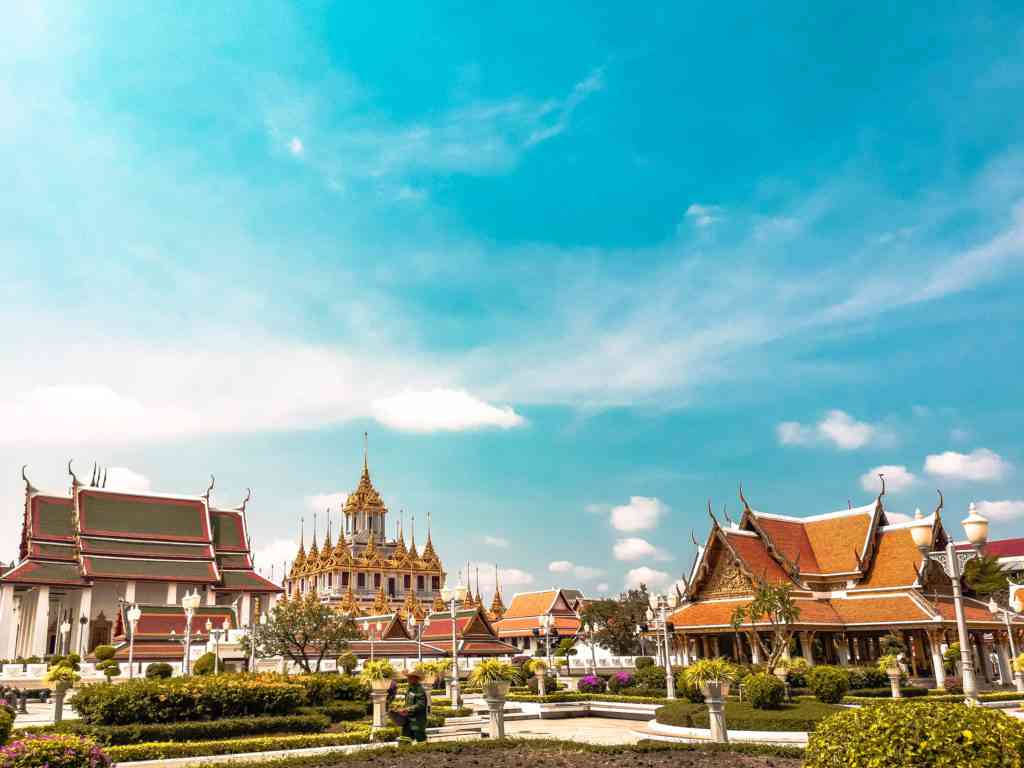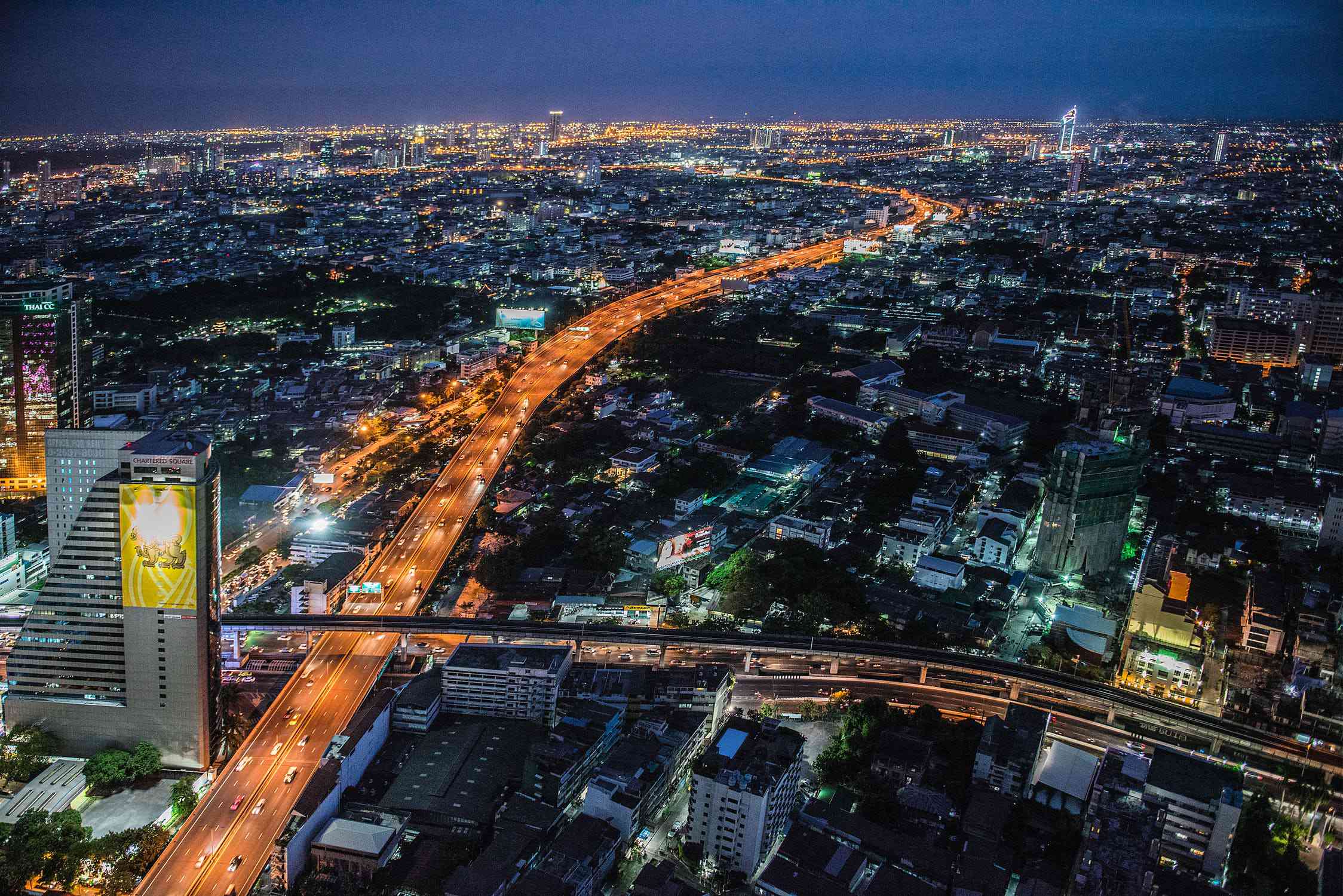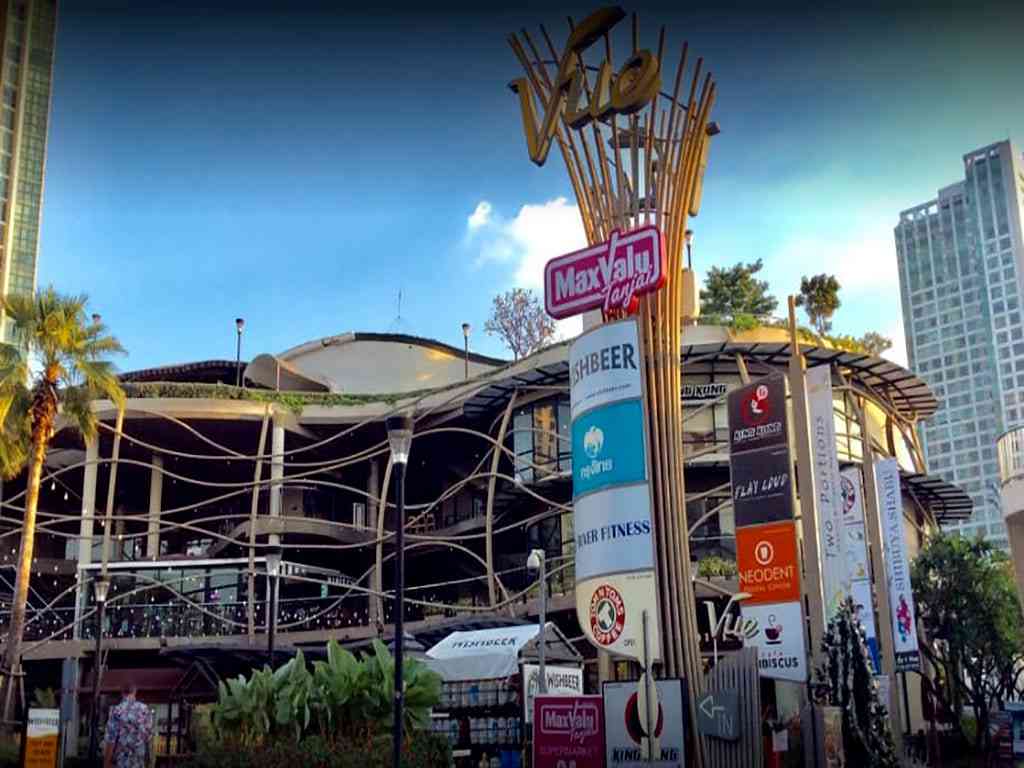Table of Contents
Can You Drink Tap Water in Bangkok?
No, tap water is not drinkable.
Tap Safe includes data from many publicly available sources, including the WHO (World Health Organization), CDC (Center for Disease Control), and user submitted databases, but unfortunately there's not enough data about Bangkok.
To see user submitted ratings of the water quality for Thailand, see the "User Submitted Ratings" box on this page.
Tap water in Bangkok, Thailand has been verified as clean by World Health Organization standards since 1999. That means the water coming out of the tap is just as clean as water coming out of the valve in Los Angeles, London or Stockholm. Although the water that is provided by the water authority in Bangkok is absolutely drinkable when it leaves the plant, it will usually move through old, and broken pipes before it enters your tap. It is possibly causing the water to be unsafe to drink due to contamination when it comes to your house, building, or hotel.
You need to keep yourself hydrated when you are in Bangkok. They recommend that you bring bottled water every time you leave your hotel. Refilling stations are available in Bangkok, where you can get a liter of water cheaper than getting one from a convenience store. In Bangkok as well, the MWA also has free water fountains dotted all over the city that you can use.
Bangkok Water Safety
In Bangkok, Thailand, one of the major concerns for tourists is water safety. It is very common for people to get disoriented during their trip because the city has such a high volume of people. In addition, the pollution from industry is also quite high and this tends to make the water in Bangkok’s water sources polluted, thus making it unsafe for bathing and swimming. Luckily, there are measures that Bangkok citizens can take to ensure that they remain as safe as possible when visiting the capital city. Some things to remember include wearing a protective mask while taking a dip in the pool, avoiding the highly polluted and touristy areas of the city, and checking the level of pollution in the reservoir where you will be staying.
Bangkok is a relatively large city and thus there are various water safety options available to travelers. One of the best ways to stay safe is to ensure that you have a life jacket on when visiting the beaches and to practice safe boating and vehicle driving techniques at all times. Ensuring that you have taken out the garbage in the pond and that you have washed your car before leaving the parking lot is another good idea for ensuring Bangkok water safety. Additionally, you should never throw any objects into the pond, as it could end up creating a major mess and injuring anyone who comes in contact with them. It is important that you always check out the levels of pollution in the reservoir prior to leaving the parking lot to ensure that you and your family are safe.
There are many other ways in which you can ensure Bangkok water safety, but it is up to you to use whatever method you feel most comfortable with. Bangkok residents always report feeling much safer about going into the water when compared to tourists from western countries. There are also fewer chances of getting sick in hospitals because the healthcare system in Bangkok is generally much better than most other cities in the world. In fact, there are even hospitals within the vicinity of the city where foreigners are given the best treatment and care. If you are planning to visit Bangkok, Thailand any time soon, then you owe it to yourself to make sure that you and your family are enjoying all of the same benefits that Bangkok visitors get to enjoy.

Drinking Bangkok Water
The water supply for Bangkok is considered among the cleanest in Asia after Tokyo and Hong Kong. However, with the alarming incidents of drug contamination and pollution in the city, people from around the world are now avoiding this Asian nation as much as possible. This is because of health risks associated with drinking BPH or “bath salts” that are made by mixing baking soda and other chemicals to create a defunct and highly appealing substance. The effects caused by these substances are both mental and physical, making one highly addicted to the drug, which in turn makes it very difficult to free oneself from addiction.
In case you are planning to travel to Bangkok in order to enjoy your much-needed Raks Instruction or to visit Bangkok’s nightlife, you must first make sure that you have all the necessary safety equipment including a clean water supply in order to drink safely. Moreover, it is always advisable to purchase BPH water in a packaged format since it is purer and has no artificial additives added to it. Moreover, it is also advisable to keep your eyes open for warnings especially when traveling to crowded areas such as bus stops or supermarkets or when you see people having BPH or bath salts near the doorways. Always keep in mind that not all drugs have an effect on everyone especially when taken in large quantities.
If you have your own source of water in the house, all you need to do is to fill up a bottle with safe water and keep it with you. There are many hotels in Bangkok that provide free water with Raks Instruction so it is never too late to try this way of staying healthy and fit. Moreover, BPH impurities can also be avoided when you bathe regularly especially when taking a warm bath with warm water. However, if you cannot find any BPH-free water in your locality, it is advisable to use filtered tap water for drinking as long as the impurities are not present. Do not forget to carry extra water bottles wherever you go since it is helpful to flush out the impurities that are in the water. In the end, it is always good to live life to its fullest as long as you are healthy and fit.
Bangkok Water Quality
Bangkok, the capital of Thailand, is a major tourist destination; however, many are unaware that their water quality can affect you as well. Water quality testing kits are widely available in hotels, guest houses, and restaurants throughout Bangkok. Unfortunately, not all of these kits are highly effective. Many people mistakenly believe that they have bought a high quality kit only to find out that it did not live up to expectations or even worse, that they caused harm to their health by drinking contaminated water.
An example of this would be the reverse osmosis home system. Although this may look like a great solution to your problems with dirty water, the fact is that it does not remove any trace of minerals found naturally in groundwater. Additionally, the reverse osmosis home systems are not equipped with a carbon filter. As a result, it does not remove contaminants such as pesticides. Instead of eliminating toxins, the system just transforms natural water into an alcoholic beverage. The best system for you will depend on your needs and what you are looking to accomplish.
In addition, Bangkok water quality testing solutions come in different forms. One popular method is the handheld wet meter which measures the number of suspended solids present in your drinking water. Another popular option is the ultraviolet (UV) water testing system which allows you to test for bacteria, algae, pesticides, heavy metals, and other dangerous contaminants. The most effective method is the home water purification system, which includes a water purifier, a sub-micron filter, and a UV sterilizer. This system has been tested multiple times and guarantees to give you clean, quality drinking water.
Source of Water in Bangkok, Thailand
The sources for drinking water for many Thai citizens are from surface water and groundwater sources. Water in Bangkok comes from two primary surface water the Chao Phraya River and the Mae Klong River. And the largest source of groundwater is in the Lower Central plain surrounding Bangkok and is used to meet the region’s water demands.
The Metropolitan Waterworks Authority started operations on August 16, 1967, under, ACT B.E. 2510(1967) to serve freshwater to Bangkok and other provinces.
They pumped the raw water from water pumping stations passing through the influent channel to the clarification section. Lime is added in controlled quantities to improve water quality and activate sedimentation efficiency during the clarification process. Moreover, Chlorine is added to stop the growth of algae and moss that may cause clarification effectiveness reduction.
What do people in Bangkok think about the tap water?
Although it’s deemed potable by the authorities, Thais don’t drink tap water and neither should you. Stick to bottled or filtered water during your stay.
Wikitravel
Tap water in Bangkok is said to be safe when it comes out the plant, but unfortunately the plumbing along the way often is not, so it's wise to avoid drinking the stuff, even in hotels. Any water served to you in good restaurants will at least be boiled, but it's better to order sealed bottles instead, which are available everywhere at low prices.
Take care with ice, which may be made with tap water of questionable potability as above. Some residents claim that ice with round holes is made by commercial ice makers who purify their water; others state that it is wise not to rely on that claim.

The estimated price of bottled water
$0.56 in USD (1.5-liter)
USER SUBMITTED RATINGS
- Drinking Water Pollution and Inaccessibility
- Water Pollution
- Drinking Water Quality and Accessibility
- Water Quality
The above data is comprised of subjective, user submitted opinions about the water quality and pollution in Bangkok, measured on a scale from 0% (lowest) to 100% (highest).
Related FAQS
Reminder
Always take extra precautions, the water may be safe to drink when it leaves the sewage treatment plant but it may pick up pollutants during its way to your tap. We advise that you ask locals or hotel staff about the water quality. Also, note that different cities have different water mineral contents.
Sources and Resources
Sources Cited
Traveller's Notes
Although it's deemed potable by the authorities, Thais don't drink tap water and neither should you. Stick to bottled or filtered water during your stay.
Current Weather in Bangkok
BANGKOK WEATHERLocal Convenience Stores in Bangkok

- Maxvalu
Tanjai - SPAR Thailand Kanjanapisek
- 7-Eleven
- Tesco Lotus Express
- Konbini Mart
- Jiduban G Market
- Lawson 108
- Mini Big C
- Vipa Grocery Store
- Ban Mo Store
Estimated Price of Bottled Water
| Volume | THB | USD | EUR | GBP |
| 1.5-liter | ฿17.46 | $0.57 | €0.52 | £0.46 |